| 171130_–_on_the_future_of_evs_in_china.pdf |
Opinions seem to diverge significantly, even at IHS, where some are convinced that Musk has a bigger plan, while others believe that Tesla needs to be turned into a profitable company in order to proof Musk’s overall vision. James seems to belong to the later fraction predicting that the combustion engine will be longer around than many believe. He tells us that the most spectacular but also most overseen new car is the Toyota Camry 2018, which increases in a refined standard 4-cylinder combustion engine fuel efficiency by 15%, without adding significant costs to the development of new technology; apart from, he adds, investment in engineering.
This argument alone confirms that somebody with a history degree, even if is a Harvard one, should not talk too much about the future of technology; in particular if the truly pressing question to be asked it this: Will EV solve the problem of transportation’s contribution to climate change? It was interesting to note that not even one event participant asked about the environmental impact of EVs, but questions rather focused on battery technology in general and if China’s government policies will harvest the promised great leap forward and turn corporations like BYD indeed into cutting edge new energy industry leaders.
In my modest opinion, there are a few issues in this ecosystem which keep to be overlooked by people who only focus on specific questions like battery technology, fuel efficiency, autonomous driving or innovation cycles. If we try to understand the big picture in the transportation industry and want to have answers about the future of Tesla or the future of EVs in China, we have to apply large scale systems theory in terms of technology, social organization and natural resources.
What are the core technologies in the EV industry? Batteries? Powertrain? IoT? Companies like techmeter or datenna have built an entire business around CTOs who want answers to this question and rather look into what the competition is doing than follow their own vision; I assume that Elon Musk is not their customer, because his vision is one of distributed power generation and consumption which turns end customers into independent entities which still are part of one large energy network. The car is in Musk’s vision merely an electricity consumer like a dishwasher or iron, and he certainly does not think along the lines of killer apps or core technologies, but has contemplated large scale problems which require a solution. Technologies are just means to an end.
What is then the central innovation at Tesla? It is not related to single technologies like battery, powertrain nor IoT. It is the conception of individual transport being an integral part of an energy revolution which is based on small, decentralized, photovoltaics power stations which are part of a regular family home. The energy of the sun is harvested by the consumer through solar panels and either used directly for charging a car and operating other appliances or stored in a batteries or hydrogen tanks which provide night and winter season supply. Tesla tries to solve the problem of fossil fueled individual transportation by providing renewable energy fuel vehicles.
Such an energy supply model is the antithesis to what the industrial revolution has brought to Western post WWII economies in form of centralized large-scale power plants, which are operated by mostly state-owned energy suppliers. Centralization has the advantage of top down organization, but the disadvantage of 2/3 energy loss during distribution; only 1/3 of the generated electricity reaches the consumer due to vast energy losses along the road.
The energy industry does therefore reflect in its entirety the Keynesian post WWII economic paradigm of scaling up production and distribution into megasystem beyond imagination: the bigger the better. It also reflects a political system which is based on strong and centralized nation states, which are able to provide their citizens with essential means in return for absolute loyalty.
Renewable and in particular solar energy stands for decentralization, self-responsibility and in terms of social organization heterarchy instead of top down hierarchy. Energy is not only consumed where it is produced thus eliminating unnecessary transportation and related infrastructure, it does also make top down structures of energy distribution completely obsolete and paves therefore the road to a postindustrial economic paradigm which has been famously formulated by Keynes protégé E.F. Schumacher in Small is Beautiful.
One could therefore argue that driving a Tesla and any other electric car is as much a political as an environmental statement, in particular in Beijing, where Tesla sales have dropped so significantly. And this is where the EV industry attracts my sincere interest, because I wonder why Mr. Musk wants to enter a market with a manufacturing plant in Shanghai which is obviously not suitable to his big picture strategy of distributed energy generation and consumption; and if the Chinese government realizes that it undermines its totalitarian rule by pushing for 40% EVs by 2030.
Modern man does not experience himself as a part of nature but as an outside force destined to dominate and conquer it. He even talks of a battle with nature, forgetting that, if he won the battle, he would find himself on the losing side. Until quite recently the battle seemed to go well enough to give him the illusion of unlimited powers, but not so well as to bring the possibility of total victory into view. This has come into view, and many people, albeit only a minority, are beginning to realize what this means for the continued existence of humanity.
The illusion of unlimited powers, nourished by astonishing scientific and technological achievements, has produced the concurrent illusion of having solved the problem of production. The latter illusion is based on the failure to distinguish between income and capital where this distinction matters most. Every economist and businessman is familiar with the distinction, and applies it conscientiously and with considerable subtlety to all economic affairs – except where it really matters: namely, the irreplaceable capital which man has not made, but simply found, and without which he can do nothing.
A businessman would not consider a firm to have solved its problems of production and to have achieved viability if he saw that it was rapidly consuming its capital. How, then, could we overlook this vital fact when it comes to that very big firm, the economy of Spaceship Earth and, in particular, the economies of its rich passengers? One reason for overlooking this vital fact is that we are estranged from reality and inclined to treat as valueless everything that we have not made ourselves.
These lines from Schumacher’s Small is Beautiful give us two implicit answers. Musk has not solved the problem of production at Tesla, because he uses up his capital at breakneck speed; and it is his company which does on a microeconomic scale reflect a macroeconomic challenge: the depletion of natural resources can’t be stopped by changing within the same economic system from a product A to a product B, if still the same production principles and the same consumption behavior applies.
Let us look into these arguments a bit closer. I mentioned earlier that the core innovation of Tesla is Musk’s masterplan of decentralized, renewable electricity which shall power future transportation. He is certainly many steps ahead of his competition and most governments, but he is sadly still thinking along the lines of Keynesian economics in terms of vehicle production and consumption and this is clearly revealed in the case of Beijing, where Tesla S vehicles are being bought by high end customers who change cars like underwear. Their taste changes fast, their product satisfaction decreases even faster. They want to have the latest model, the trendiest design and the best brand, and purchase EVs rather for the hype than for the environmental impact. But why would you anyway buy a car in a city which is nicknamed the capital of congestion | 堵京 and which offers a good and reliable public transport system?
I am instantly reminded of Matthieu Ricard, the French biochemist and Buddhist monk, who is said to be the happiest person in the world, talking about chocolate cake: Although we want to avoid suffering, it seems we are running somewhat towards it. And that can also come from some kind of confusions. One of the most common ones is happiness and pleasure. But if you look at the characteristics of those two, pleasure is contingent upon time, upon its object, upon the place. It is something that -- changes of nature. Beautiful chocolate cake: first serving is delicious, second one not so much, then we feel disgust. A Tesla S is like any car a chocolate cake or as we more often say: a big toy for grownups. True satisfaction does not come from consuming product A or B, whether powered by fossil fuels or renewables, at ever shorter intervals. True satisfaction comes less by having and more by being.
But we don’t have to discuss the metaphysics of economics to make a stringent argument against (too many) EVs. Several reports have discussed lately the negative environmental impact of EVs but have mostly fallen short of analyzing the entire supply chain, but have instead rather focused on how electricity for charging EVs is generated. The most overlooked externality of all smart and clean technologies is rare earth mining which is polluting surface and ground water with alarming toxicity. China Water Risk published a comprehensive report on the subject in 2016.
In case this argument is not sufficient, one is asked to replace 35 mio conventional with 35 mio electric vehicles on China’s roads in 2020. One can imagine that EVs will not resolve central problems of urban transportation like congestion or parking.
Tesla produces vehicles which are sold without paying for externalities and fuels a stimulation driven consumer behavior instead of spreading the gospel of moderation by relying on principles of circular economy; but the company pushes a technological vision which, if successful, will catalyze social change, and is as such adding much value to our societies. Tesla shall therefore not only be evaluated by how much profit it makes, but in accordance to how much change it enables.
If I were though an advisor to Mr. Musk, I would argue against a China market entry. The Chinese power supply policy, which is until 2040 highly geared towards centralized nuclear power generation, and the society’s frame conditions in terms of urbanization and population density make the market highly unattractive for individual transportation, respectively require rather the entry of Hyperloop than Tesla; but old China hands know that the Chinese Railway Ministry is a PLA spin off and the Chinese market thus a deadend for foreign investors.
Chinese EV manufacturers like BYD or NEXT EV will never be a genuine competition to Tesla, because they lack a big picture master plan. BYD is despite its name – build your dream - not driven by a vision, but listens closely to Beijing’s China dream and tries to harvest subsidies and golden moments of government investment like most Chinese enterprises. NEXT EV has a great marketing and design team, but lacks according to experts in the supply industry central automotive manufacturing competences. We will see what Tesla competitors will bring to birth, but shall above all not forget that the problem of sustainable transportation cannot be separated from sustainable energy generation.
Further Reading:
- China Water Risks: Rare Earths: Shades of Grey – Can China Continue To Fuel our Global Green & Smart Future?
- National Bureau of Economic Research: Environmental Benefits from Driving Electric Vehicles?
- Stockholm Environment Institute: The Geopolitics of China’s Rare Earths – a glimpse of things to come in a resource scarce world?
- KPMG: Global Automotive Executive Survey 2017
- McKinsey: The Road to 2020 and Beyond – What is driving the global automotive industry?
- Captain Planet and the Planeteers: on the correlation of Xi Jinping’s distant water fishing and energy policy.
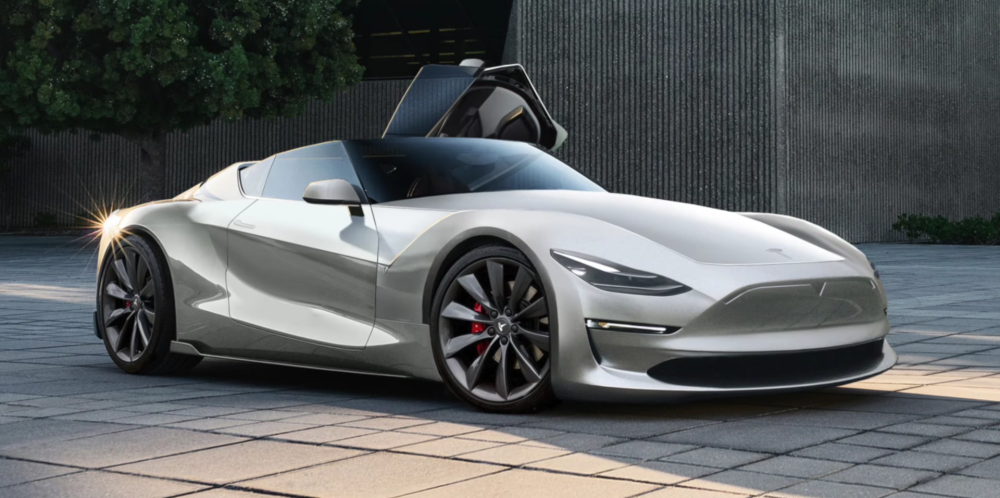
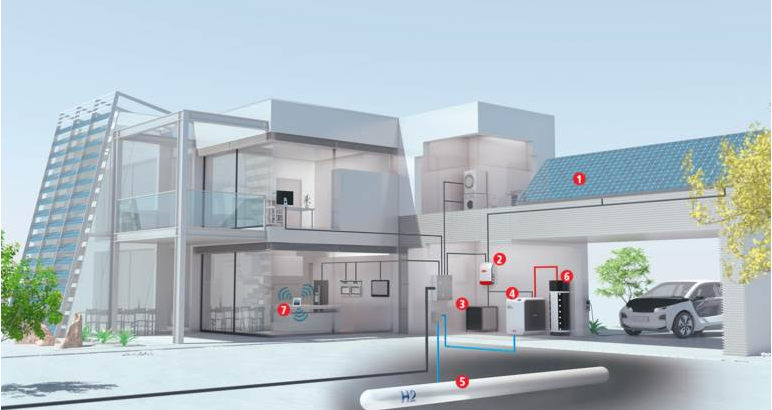
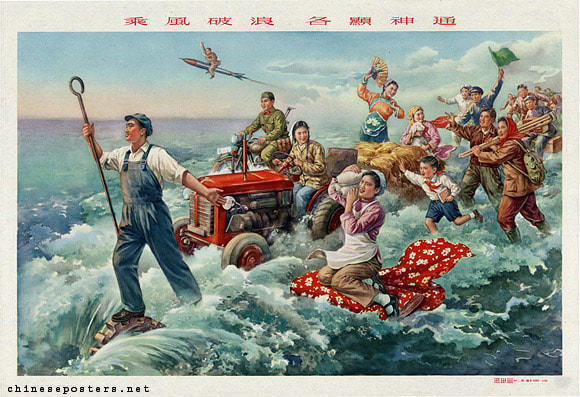
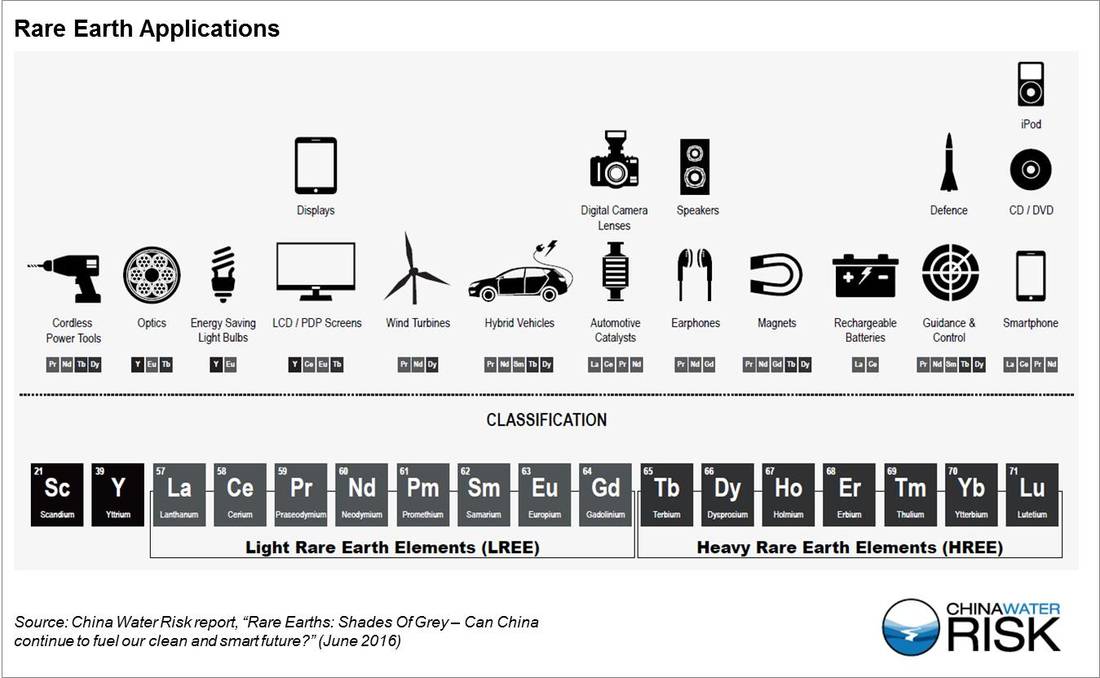
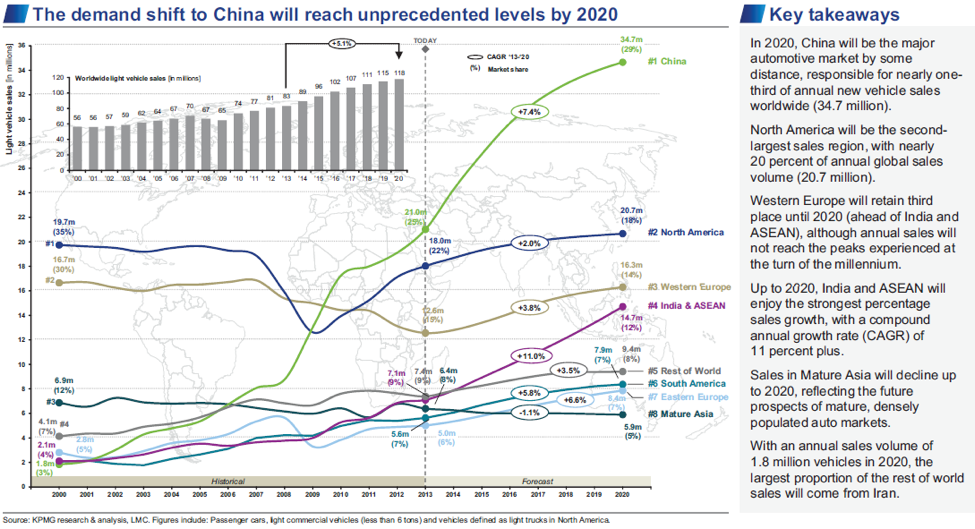
 RSS Feed
RSS Feed